

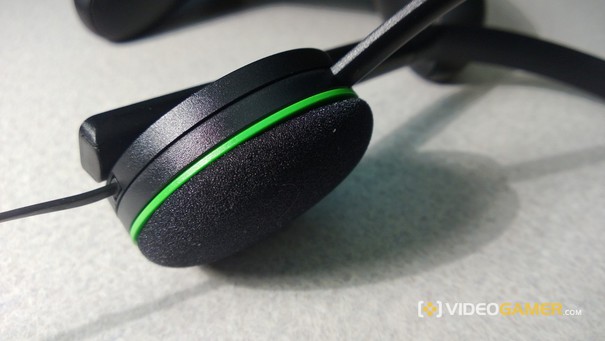

So, the Xbox One will now come with a headset. Despite Microsoft saying all but a few weeks ago that its new console would not come packaged with such a peripheral, during an unboxing today, courtesy of Major Nelson, it has been revealed that it actually does. Wonders never cease...
While a side of me has an inkling that the wider audience just doesn't care (someone I chatted to recently had no idea about the recent changes or even what the Xbox One's original concept was - they just wanted the new Xbox), it does pose a larger question, and one that has been asked for some time: just what exactly is Microsoft's long term plan?
I have no problem admitting I was intrigued and excited about the initial blueprint that was announced way back in May. There were certainly some areas for debate - and, good grief, were they debated - but by and large I liked the differences between it and the PS4 and, giving Microsoft the benefit of the doubt, believed it may actually do some good for the industry.
It was a shame, then, that such measures were reversed all but a few weeks after this year's E3, but it did mean Microsoft could finally settle on a concrete vision. Sure, it had shifted hugely from the original template, but finally the lines in the sand had been drawn. All that remained was to decide which machine had greater appeal.
And then the noise continued. In hindsight, given how Kinect-focused the Xbox One is, it wasn't a huge surprise that Microsoft opted to exclude a headset with every console. If there's no real alternative (although adapters for the 360 version were widely touted as being 'a thing'), the motion-sensing device becomes yet another integral part of your video game experience. That didn't sit well with people, however. In fact, it made them positively mad. Be it a hangover of hate after the initial reveal or an insatiable need to obtain audio speaker devices, it was another right hook that one can only assume the company never saw coming.
The common trend with all of these instances, mind, is how the conglomerate reacted. In what can only be seen as a rarity in not only games but industries the world over, Microsoft took a step back and did exactly what was being asked of them. You don't like the stance on DRM? Okay, it's gone. Want a headset in your Xbox One? Fine, it's there. When similar bottles of hate were thrown at Apple regarding its adapter switch with the iPhone 5, the Californian-based company turned a blind eye. Did that affect sales? Not in the slightest.
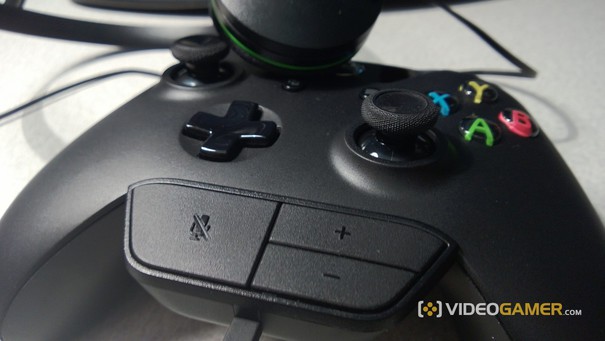
While there's no real evidence to say the same would've been true here, it begs the question how Microsoft is now viewing and positioning the Xbox One. The changes have certainly helped. Pre-orders did increase once it aligned itself more with what the PlayStation 4 was doing, and some ardent haters even retried their stonewalled stance. It didn't undo all the damage that had been caused, but the situation felt a little lighter.
In many ways it surprised me the response wasn't more positive, or seen as a moment of triumph. Microsoft actively listened to what some people were saying and reversed its policies. Yes, it wasn't necessarily the only reason - if Sony hadn't raced ahead as it did these things may have never come to pass - but the end result was still the same. Unfortunately, it did put events in an awkward light. Had Microsoft lost its integrity? Should it have had more courage behind its convictions?
There's an issue where the wider majority are concerned too, who may (or may not) be completely unaware of this ongoing back and forth. Finding a headset in the box on launch day will please most people, and if you weren't clued-in to the 'always online' ideas to begin with, you're unlikely to care in the slightest that they're now gone. Does it mean Microsoft is listening to a very select group that, right or wrong, is drastically getting the company to completely upend whatever its initial strategy was?
Furthermore, what happens the next time it makes a decision to 'pull a 180'? Does it lend an ear to those who shout the loudest or, with a next-gen install base now secured, stick with a plan and see it out till the end? It's not completely out of the realms of possibility that as soon as Microsoft do follow through with a concept that may not be to everyone's taste (and there's every chance the policies of old return at some stage), a cloud of negativity hangs over its head once more.
I still like both the Xbox One and PS4 (I'm even on-board with the Wii U...), but the whole ordeal has become incredibly confusing. With mixed messages, obvious changes in policy and downright U-turning, it does little to inspire confidence or allow a consumer to decide if it's an item they want to invest in. Thankfully so far these flip-flops have all been more or less positive. But where it heads now may be very interesting indeed...
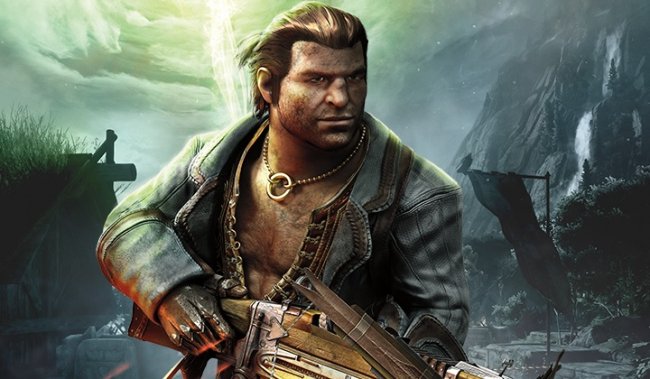



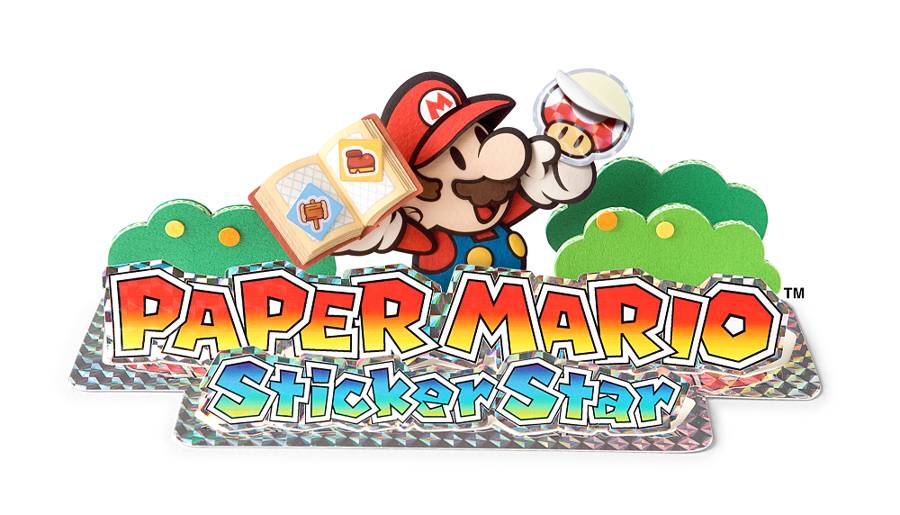 Paper Mario Sticker Star Guide: Megasparkle Goomba Boss Guide
Paper Mario Sticker Star Guide: Megasparkle Goomba Boss Guide Total War Rome 2: Roman Faction Trait Guide
Total War Rome 2: Roman Faction Trait Guide Bloodborne guide: spoiler-free “where to go next” walkthrough
Bloodborne guide: spoiler-free “where to go next” walkthrough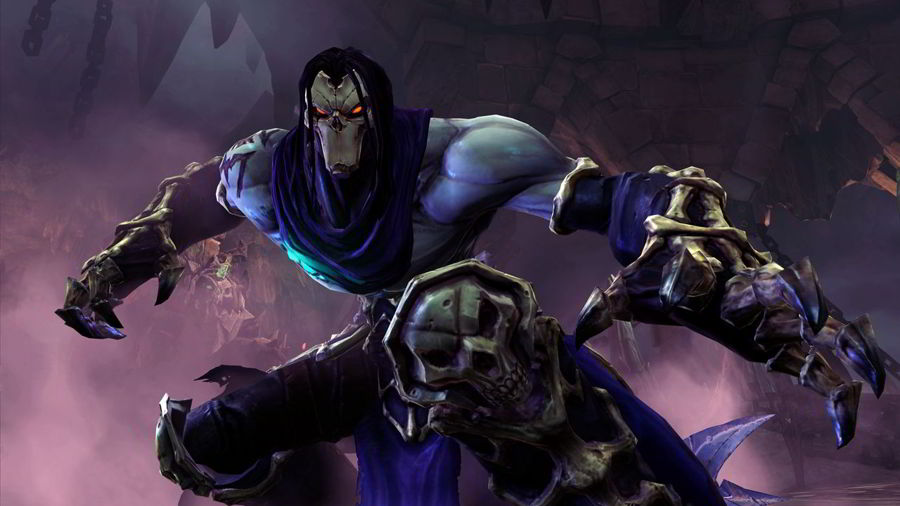 Darksiders 2: Relic Side Quest Guide
Darksiders 2: Relic Side Quest Guide Star Wars: The Old Republic Crafting Guide
Star Wars: The Old Republic Crafting Guide